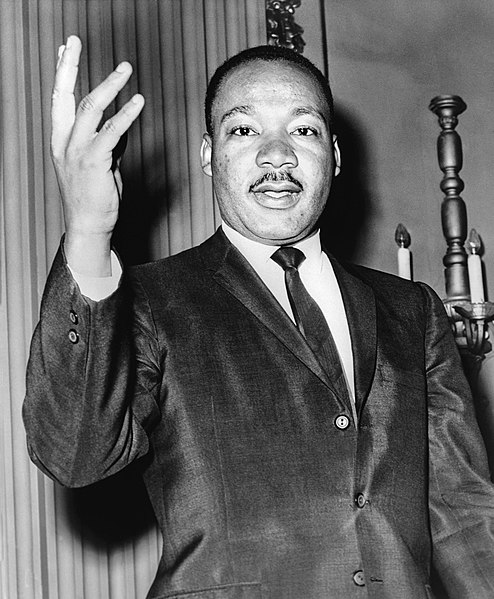 All this can drive the clergy person nuts. He or she ends up running around like the proverbial chicken with its head cut off, desperately trying to put out fires here and there by trying to appease this person or that person. He or she starts to suspect that maybe some of the congregants are a bit crazy. Clergy "burn out" soon follows.
All this can drive the clergy person nuts. He or she ends up running around like the proverbial chicken with its head cut off, desperately trying to put out fires here and there by trying to appease this person or that person. He or she starts to suspect that maybe some of the congregants are a bit crazy. Clergy "burn out" soon follows.But there's another way. It comes from recognizing that the fights and complaints aren't always really about what they seem on the surface. It comes from looking at things with a pastoral eye -- with the eye of a spiritual caregiver -- and seeing that many times people are expressing grief. Grief does not just come from death. We grieve about many things, about losses of all kinds. Congregations experience many losses, especially if they find themselves shrinking, as many older congregations do. Programs close. Beloved staff leave. Individuals suffer losses in their own lives that they feel were not addressed by the clergy person. Unresolved grief accumulates. Anger lies not far behind.
I was reminded of all this yesterday when one of the alums of our chaplaincy education program here came to speak to our summer chaplaincy students about how she uses her clinical pastoral education (CPE) experience in the congregational setting. She said that being able to recognize grief as the real problem is extremely helpful for her. Once she recognize it, she can address it in the ways she learned to address the grief of patients and families in the hospital. She can work with folks to help them name their grief. She can help them to feel heard and listened to -- to feel cared for. And, almost like magic, the conflicts and anger often just melt away.
She also reminded me of how relevant the education we do here is to the work clergy will be doing in their congregations. Sometimes our students complain about how transitory their contacts are with the folks they minister to. At our hospital, we send a chaplain to every death to offer support to the family. Often this is the very first (and last) time the chaplain will meet these people. The chaplain will often come back to his or her colleagues an complain -- "if only this was the congregational setting! Then I would have a relationship with the people first."
But our speaker reminded us that the reality for the congregational clergy person is often that they will have had little or no contact with a family before a death. There will be one meeting with the family before the funeral and then the funeral itself. Our speaker said having had the experience with those kind of "blind dates" with people in mourning in our hospital prepared her well for this kind of experience around funerals.
Other basic pastoral skills that we work on in CPE were also helpful to her in her congregational work -- developing a listening presence and developing an understanding of how people function in groups (group dynamics).
The other big thing she emphasized was the importance of getting honest feedback from peers, another big thing we work on in CPE. This is especially true when you are having difficulty with congregants or board members. Sometimes when we complain to our peers about this what we get back is something to the effect of, "poor, dear, your congregants really do seem a bit difficult. That must be hard for you."
___________




















